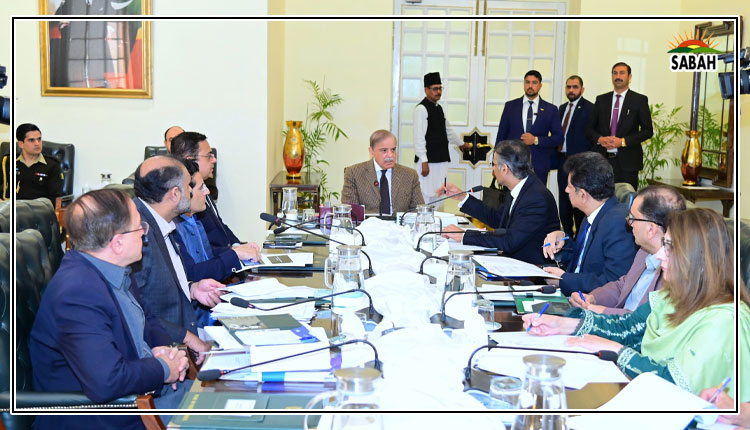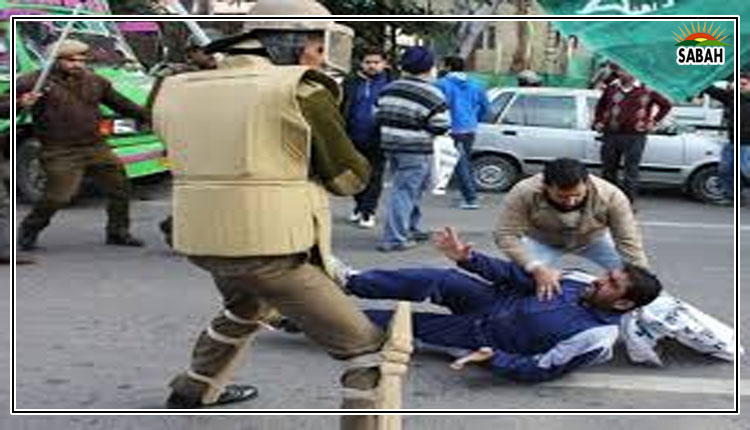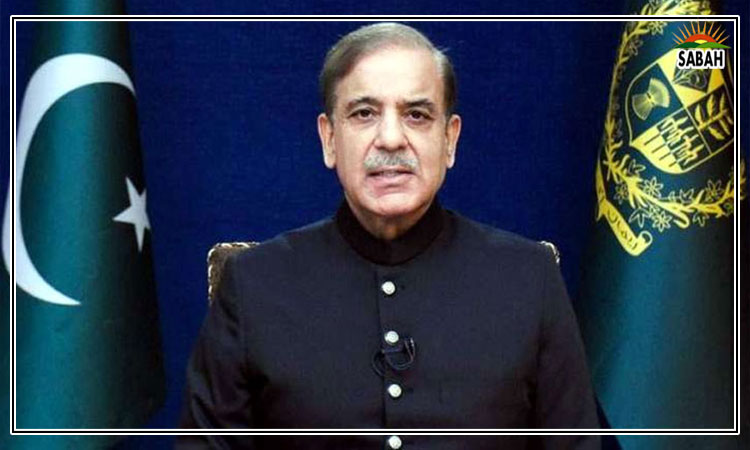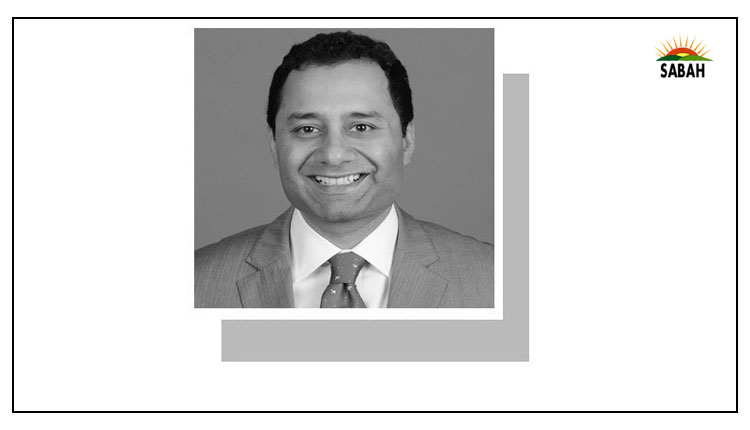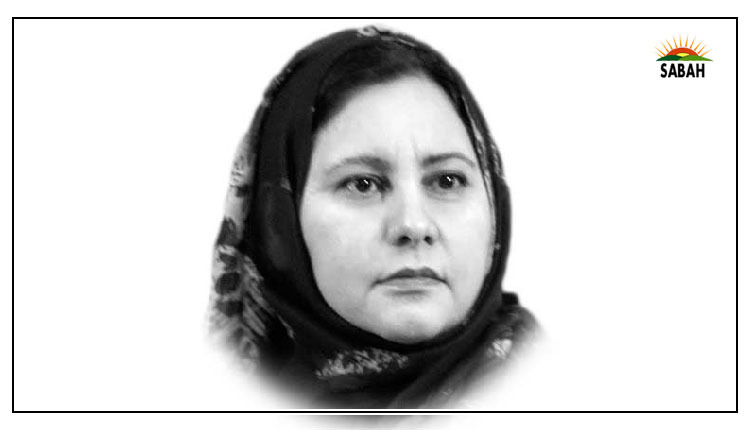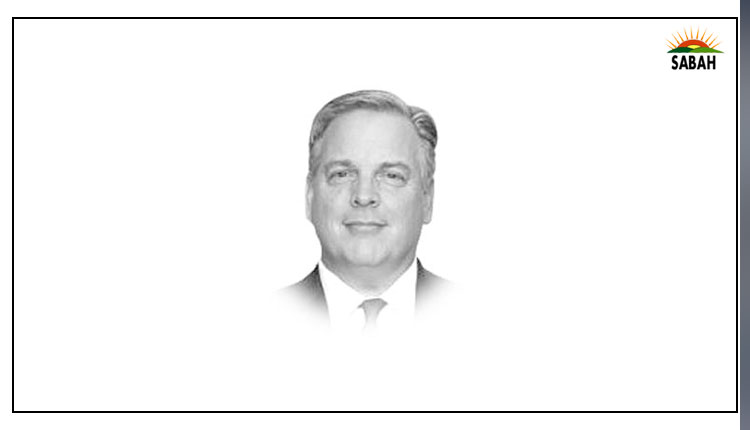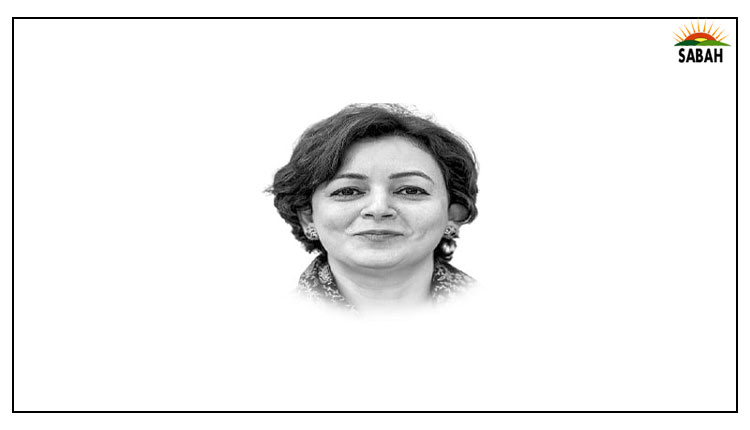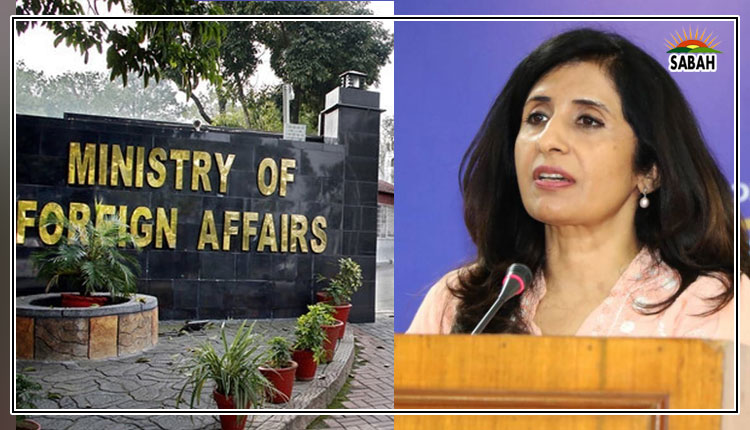Bilawal at 26th meeting of the Council of Ministers of ECO highlighted importance of integrated regional cooperation among Member States: Mumtaz Zahra
ISLAMABAD, Jan 26 (SABAH): Spokesperson Foreign Office Mumtaz Zahra Baloch while shedding light on Foreign Minister Bilawal Bhutto Zardari’s recent visit to Tashkent at the 26th meeting of the Council of Ministers (COM) of Economic Cooperation Organization (ECO) highlighted the importance of integrated regional cooperation among Member States for enhanced trade, investment, connectivity, tourism, and economic development.
She called for harmonizing trade policies, establishing robust infrastructure and facilitating free movement of goods and services to enhance intra-regional cooperation. The foreign minister spoke about the challenges of climate change induced natural disasters proposed a time-tested, well-funded and strategically robust emergency response mechanism in the region.
The Council of Ministers, reviewed the activities of ECO and set the agenda for the future. The Meeting adopted a “Tashkent Communique” that focusses on enhanced regional cooperation and collaboration among the Member States. The document outlines ECO activities to increase global visibility of the Organization and its working partnerships with other regional and international organizations and institutions. An important outcome of the Ministerial Meeting was the agreement on the Charter of ECO Research Centre at Baku, Azerbaijan. The Centre will promote and provide avenues for sharing of expertise and research on economic issues among ECO member states.
The spokesperson maintained on the sidelines of the Council of Ministers, Foreign Minister Bilawal Bhutto Zardari held meetings with Foreign Ministers of Iran, Tajikistan, Turkiye, and Acting Foreign Minister of Uzbekistan. He also met the Secretaries-General of ECO, D-8 and CICA.
The spokesperson said as a founding member of the organization, Pakistan wishes to see a strong ECO to further effective regional cooperation and special focus on intra-regional trade; strengthening regional connectivity; promoting tourism; operationalizing the major ECO transport corridors; and coordinating efforts to achieve energy security and sustainability.
Sheikh Mohamed bin Zayed Al Nahyan, President of the United Arab Emirates arrived in Rahim Yar Khan here on the other day on a private visit to Pakistan. He was welcomed at the airport by Prime Minister Muhammad Shehbaz Sharif. During their meeting, the two leaders expressed their resolve to further strengthen brotherly ties; promote mutually beneficial cooperation; and to move forward on their understanding reached during the recent visit of the Prime Minister to the UAE.
Russia’s Special Representative for Afghanistan, Ambassador Zamir Kabulov visited Pakistan this week as part of his tour to the region. He held meetings with Minister of State for Foreign Affairs, Hina Rabbani Khar and Special Representative for Afghanistan Ambassador Muhammad Sadiq.
In these meetings, the situation in Afghanistan and recent developments in the region were discussed. Pakistan stressed the importance of peace and stability in our neighborhood. “We underscored our desire to work closely with regional countries to pursue continuous and practical engagement with the Interim Afghan Government on countering terrorism and to help avert humanitarian crisis in Afghanistan,” the spokesperson added.
Both sides reiterated their commitment to work closely to further strengthen coordination and cooperation in promoting peace, stability and economic development in Afghanistan. They also agreed to continue engagement both bilaterally and in the context of regional forums such as the Moscow Format and the Neighbouring Countries of Afghanistan platform.
Eighth Session of the Pakistan-Russia Inter-Governmental Commission on Trade, Economic, Scientific and Technical Cooperation (IGC) was held from 18-20 January 2023 in Islamabad. It was led by Ayaz Sadiq, Federal Minister for Economic Affairs of Pakistan and Nikolay Shulginov, Minister of Energy of the Russian Federation. Shulginov also called on the Prime Minister of Pakistan.
The meetings were held in a positive and constructive atmosphere. The two sides discussed enhanced bilateral cooperation in trade and investment; energy; communication and transport; agriculture; industry; finance, customs and banking sector; higher education, science and technology; and information technology.
A joint statement was issued at the end of the session. The two sides also signed a number of documents including an Agreement on Cooperation and Mutual assistance in Customs matters; and a working agreement on Airworthiness of Aeronautical products.
She further said, “Pakistan has strongly condemned the recent acts of desecration of the Holy Quran in Sweden and the Netherlands. We see these acts as racist, xenophobic and Islamophobic. Far from being a symbol of the freedom of expression and opinion, these acts are provocative and hurtful for the religious sensitivities of over 1.5 billion Muslims around the world. Their sole aim is to incite violence against Muslim minorities. We have conveyed our concerns to Sweden and the Netherlands and urged these governments to take concrete steps against Islamophobic acts.”
The last ten days of January carry painful memories of three massacres committed by the Indian Occupation Forces in the Indian Illegally Occupied Jammu and Kashmir (IIOJK) in the 1990s. On 21 January 1990, in Gawa Kadal area of Srinagar, the Indian troops opened fire on peaceful protesters killing at least 50 civilians and injuring dozens. A few days later, on 25th January 1990, another 21 unarmed Kashmiris were killed by the Indian troops in Handwara town in northern IIOJK. And this very date, the 27th of January, is a reminder of another day of bloodshed in 1994 when Indian troops massacred 27 civilians in Kupwara town of IIOJK.
To this day, the victims and their families await justice and perpetrators of these heinous crimes have never been held to account. Today, we remember and celebrate the martyrs and pay rich tribute to their sacrifices, she added.
She furthered Pakistan will continue to raise its voice on the continuing grave human rights abuses in IIOJK. It will also continue to extend unstinted moral, political and diplomatic support to the people of Jammu and Kashmir in their quest for self-determination in accordance with the relevant UN Security Council resolutions.
She concluded with an upcoming visit announcement saying the Minister of State for Foreign Affairs, Hina Rabbani Khar, will lead the Pakistan delegation to the UN Human Rights Council in Geneva. On 30th January 2023, the Minister of State will present Pakistan’s national progress report under the Universal Periodic Review (UPR) process at the Council. This will be Pakistan’s 4th review. Previously, Pakistan has been reviewed under this process in 2008, 2012 and 2017.



